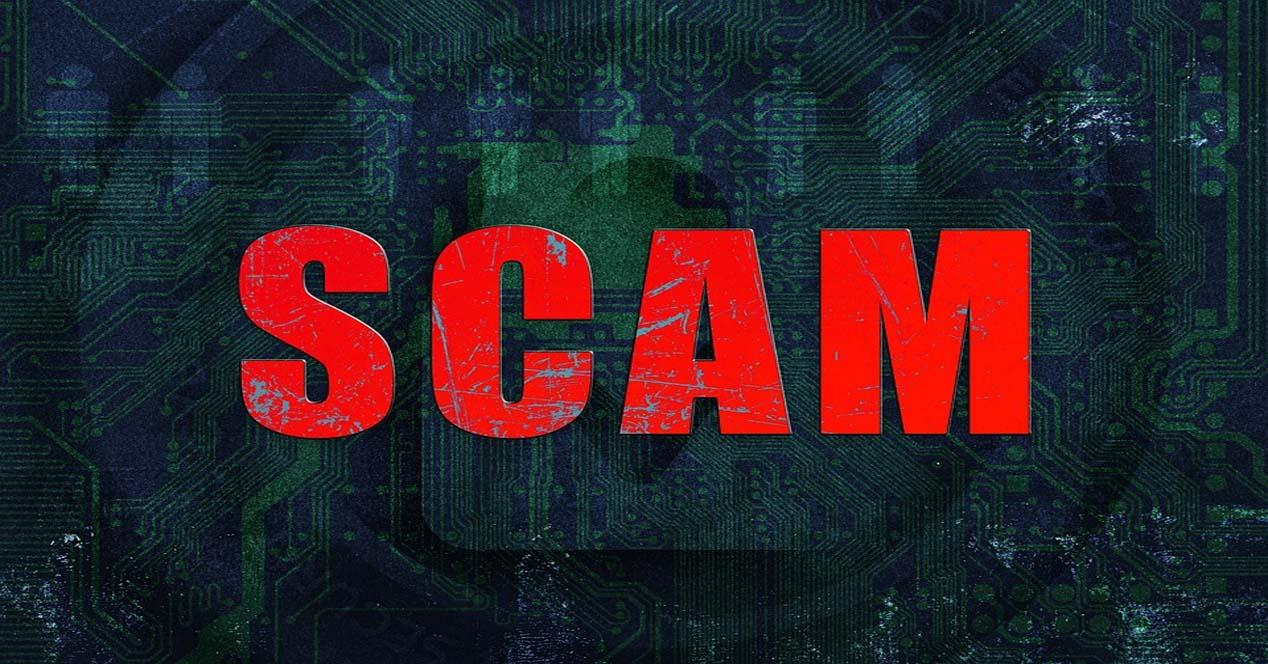
The shocking number of people who fall for charity scams is disheartening. In a time when giving back to different communities is simpler than ever, it is critical to be aware of scammers and know how to deal with them.
Sadly, these scammers operate phony charities in order to profit from kind contributions. Those people would do anything to get a check from you, which may undermine your faith in genuine foundations.
However, don’t allow it to prevent you from supporting those who help others. You may make sure your donations benefit those in need by heeding the following suggestions.
1) Do your research
Start by searching for the name of the organization you want to help on the Internet. See if it has an active website or a presence on social media. Look for any press or customer reviews that mention the company.
To learn more about welfare institutions, visit the Better Business Bureau’s Wise Giving Alliance website. This organization evaluates charities based on how they spend their funds and how transparent they are about their operations.
Another resource is Charity Navigator, which provides ratings and reviews for thousands of charities. Here, you can find information on a foundation’s financial health, accountability, and transparency.
By researching, you can feel more confident that you are donating to a legitimate cause that will use your funds for its intended purpose. It can also help you avoid falling for scams that could cost you money.
2) Be wary of unsolicited requests
Unsolicited requests could be made through phone calls, emails, or even direct mail. Be cautious if someone you don’t know contacts you asking for a donation. It’s important to remember that legitimate aid agencies typically don’t solicit donations this way.
The second someone calls you and begs to make a donation, ask as many questions as you can: When was the organization founded? How many people has it helped so far? What are the organization’s goals? Who do they usually help? Even if they answer these questions quickly and without hesitation, it’s natural to have doubts. To dispel them, enter the potential charity’s phone number on Nuwber and click “Search.” After that, you will see the name of the person or business reaching out to you. Google the information that you have at your disposal to make sure that this entity is reliable and not involved in fraudulent activities.
3) Don’t give out personal information
Scammers could use your information to obtain your identity or access your finances. As a result, you should first check the integrity of the charity before divulging sensitive information.
Legitimate foundations will not ask for personal information that isn’t necessary to process a donation, such as your mother’s maiden name or your birthdate. If they ask for such information, it could be a sign of a scam.
4) Verify the organization’s tax-exempt status
Legitimate charities are usually registered as tax-exempt organizations with the Internal Revenue Service and must provide proof of their tax-exempt status upon request.
You can use the IRS’s Tax Exempt Organization Search tool to verify a charity’s tax-exempt status. Simply enter the organization’s name or Employer Identification Number (EIN), and see its tax-exempt status and any information on its filings and finances.
Some small foundations may not be registered as tax-exempt organizations but may still be doing valuable work in their communities. However, exercising caution before donating is a must.
If an aid institution refuses to provide proof of their tax-exempt status or you cannot find any information yourself, it may be best to refrain from donating to them altogether.
5) Beware of sound-alike names
Scammers usually create names for their fake foundations that sound very similar to legitimate ones. This can be very confusing, especially if you’ve heard of the real one.
For instance, if the “US Heart Association” contacts you asking for donations, you may assume it’s the “American Heart Association” and feel comfortable giving them money. To avoid falling for this, double-check the name of the charity. Look for small differences like spelling or slight changes in the wording of the name.
If you’re unsure, don’t hesitate to ask questions and demand additional details. Real foundations should be transparent about their work and happy to provide any additional information you need to make an informed decision.
6) Find out where your donation goes
Unfortunately, some charities may use a large portion of donations for administrative or marketing expenses instead of their stated cause. Take these steps to be sure your donation gets utilized as intended:
- Look for charities with transparent financial information.
Make sure they are registered as charities with the Better Business Bureau (BBB) or other respectable charity monitoring organizations, and verify if they have disclosed their financial reports on their website.
- Be specific with your donation.
Consider making a restricted donation or inquire about whether there is a specific fund you may donate to guarantee that your money is going toward a certain program or activity.
- Ask for documentation.
A credible charity ought to be able to tell you where your contribution is going, its intended purpose, and its potential impact.
This can be a letter from them, a confirmation email, or a receipt. Keep a copy of this paperwork for future reference; It will come in handy if you ever have to refer to it or if someone tries to contest your donation.
Genuine foundations will happily and without hesitation supply supporting documentation. If they refuse to give you a formal receipt for your donation, that may be a red flag that they are hiding something.
7) Don’t pay by cash
Cash payments can be difficult to track and may not provide you with proof of your donation for tax purposes. Additionally, cash is more susceptible to theft and fraud than other forms of payment.
Instead, consider paying by credit card, check, or online payment platform, which can offer better security and record your donation. If an NGO insists on cash payments, it’s best to ignore it.
8) Don’t give in to pressure to donate
Some hoaxers may employ high-pressure techniques to persuade you to donate money. They could make you feel bad or use emotional blackmail to persuade you to help “those in need.” Nevertheless, you don’t owe anything to anyone and can always refuse to make a donation.
If you’re hesitating, ask for more information or time to think about it. Legitimate charities will understand and won’t try to rush you into giving money. Trust your gut, and don’t let anyone make you feel like you have to give right away.
Final thoughts
While there are many reliable, trustworthy charities serving the community well, scammers are also out there hoping to take advantage of your generosity and compassion. The eight suggestions listed above can assist in keeping you safe from charity scams. Do your homework, ask questions, and never feel compelled to contribute right away.



